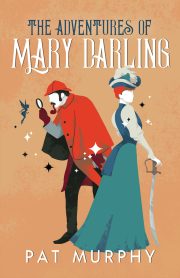Lit Fic Mags for Spec Fic Writers 102: Is it Literary?
by Caren Gussoff Note: Part One appears here: Lit Fic Mags for Spec Fic Writers 101 This may seem totally obvious, but is actually worth a deeper dive: if you want to market your speculative fiction to literary markets, it has to be significantly literary. Literary markets, though they may protest that they do not like/accept/read […]


